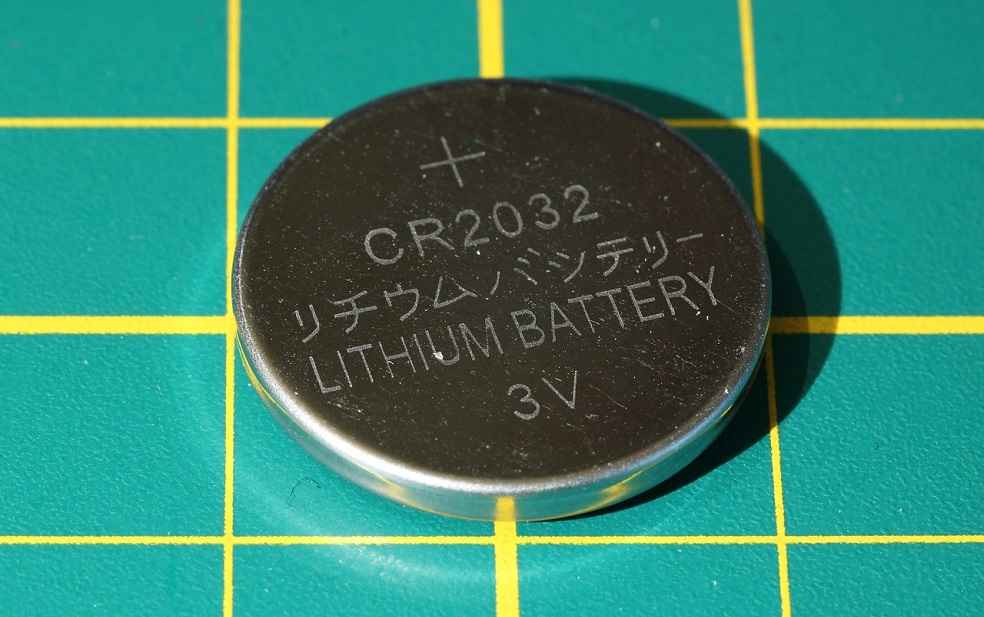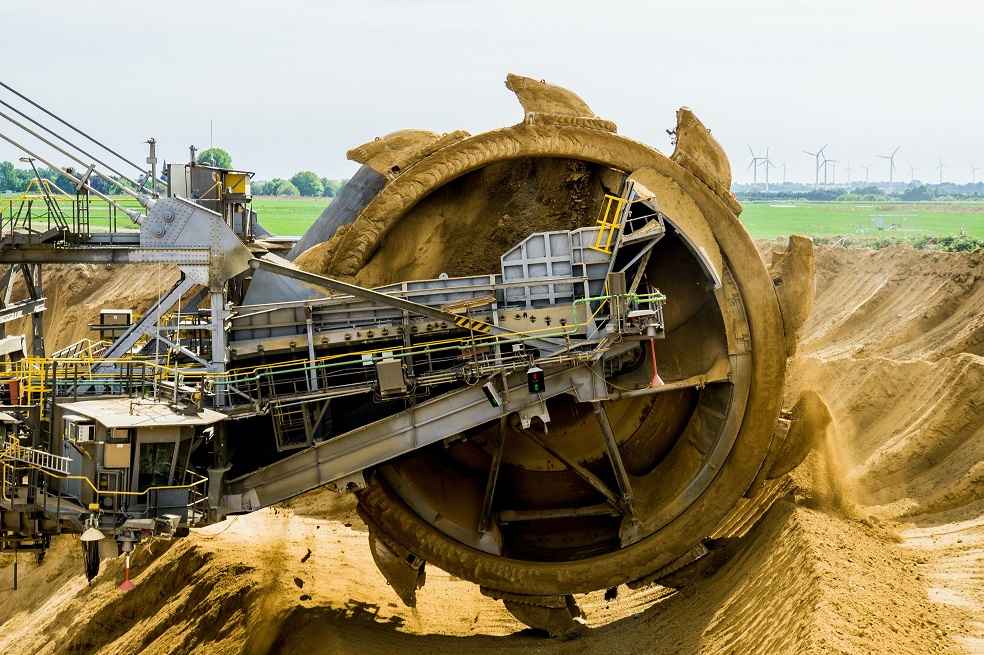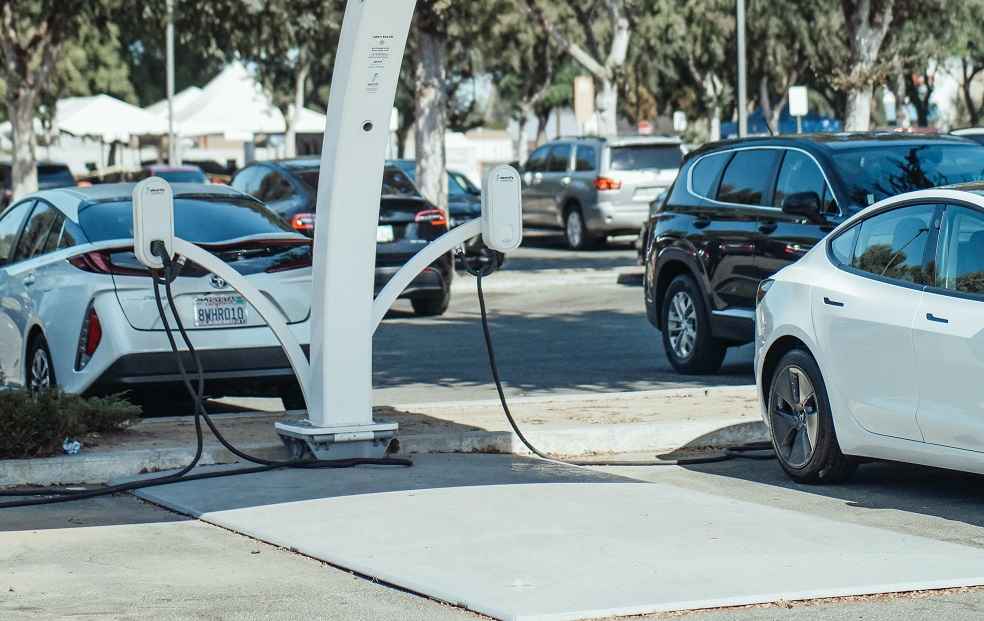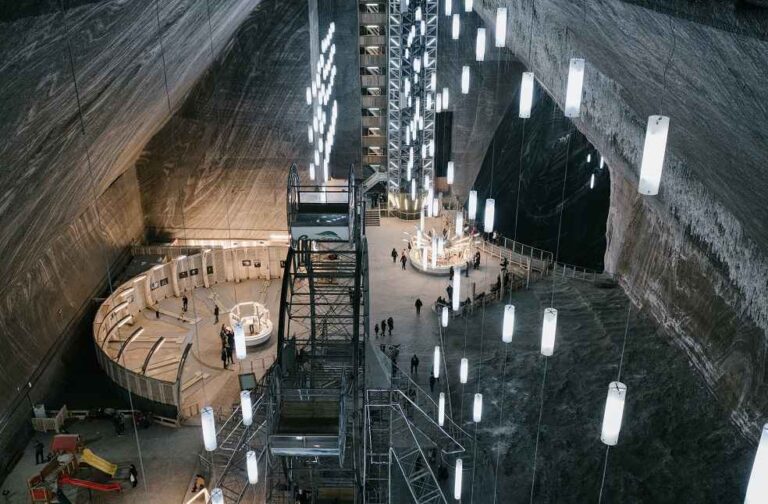Chinese lithium firms are initiating international partnerships to augment mining capabilities, a move expected to favor electric vehicle (EV) manufacturers by ensuring steady battery supplies.
In a landmark event earlier in June, the Cauchari-Olaroz salt lake project in Jujuy, Argentina, owned by Minera Exar and Chinese major Ganfeng Lithium Group, began operations. The site, boasting 24.58 million metric tons of lithium carbonate equivalent (LCE), is among the world’s largest lithium extraction locations from salt lakes.

The project’s first phase aims to yield 40,000 tons of LCE, with the subsequent phase expected to produce at least 20,000 tons. It will also generate over 2,000 local jobs. As capacity increases and production lines improve, the site will yield battery-grade lithium carbonate products.
Ganfeng Lithium’s marketing director, Sun Yifan, stressed the importance of this project, the company’s first in Argentina, for global positioning and resource optimization.
The project operates on solar power, uses non-drinkable water for production, and employs a water recycling process, making it an environmentally friendly initiative.
Ganfeng Lithium, with four lithium projects in Argentina and an investment of $2.7 billion, anticipates an annual LCE production capacity exceeding 100,000 tons. The firm, boasting 19 lithium mines globally, plans an annual production capacity of at least 600,000 tons of LCE by 2030.

Other Chinese lithium companies such as Eve Energy Co Ltd, Gotion High-Tech, and Anshan Heavy Duty Mining Machinery Co Ltd are also expanding their global footprint.
Lin Boqiang, from the China Institute for Studies in Energy Policy at Xiamen University, linked this international investment drive to the need to secure resources for the booming EV market and the global green transformation.

Zhou Mi, a senior researcher in Beijing, mentioned that overseas economies, abundant in lithium resources, welcome Chinese companies’ investment. This collaboration benefits both parties, aiding local mines and economies.
China, reliant on overseas lithium resources for 85% of its needs, according to Huaxi Securities, urges domestic lithium firms to explore international mining. The country’s lithium resources, spread across provinces such as Jiangxi, Sichuan, and Qinghai, face challenges including remote mine locations, lack of infrastructure, and immature extraction technologies.
Additionally, recent price fluctuations in lithium minerals, which have surged significantly, affect production costs. Companies hope to reduce market risks by sourcing lithium internationally, Huaxi Securities added.
Despite potential hurdles like market competition, nationalization of lithium resources, and geopolitical influences, the growing interest in establishing safeguards for the trade of new energy-related products is seen as a positive industry development, according to Zhou Mi.
Meanwhile, The debate about the future of lithium mining is intensifying globally due to its significant environmental impacts. Lithium extraction processes are resource-intensive, requiring substantial amounts of water and energy.
Lithium mining can pollute air and water with chemicals and heavy metals, disrupt wildlife habitats, induce soil erosion, and lead to lasting environmental damage. Consequently, environmental scientists are advocating for an increased focus on hydrogen fuel research, thereby suggesting a diminished emphasis on electric vehicles (EVs) that are heavily reliant on lithium.
GLOBAL ROUNDUP: Canada Joins U.S. in Dispute over Mexico’s GM Corn Ban Proposal



